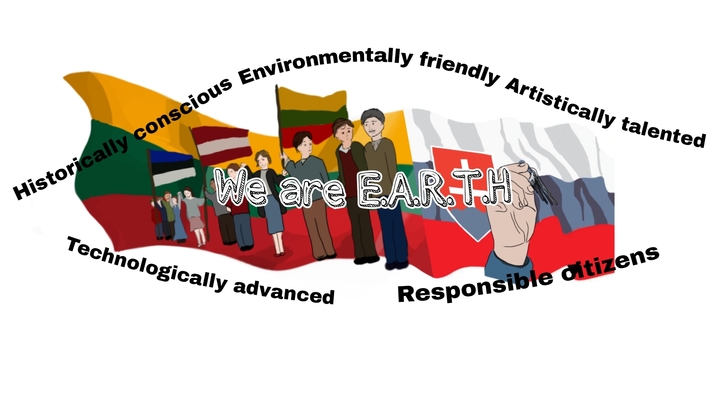 Knowing History and Culture Helps Us Build a Sense of Pride.
Knowing History and Culture Helps Us Build a Sense of Pride.
Historical consciousness is the understanding of how past, present and future are thought to be connected.
On 6. - 10. June, 10 Slovakian students and two teachers participated in mobility in Lithuania
The central theme of the Erasmus+ mobility was "History". History has a significant impact on our culture, for example, customs from the past, holiday observances, recreational activities, and our spoken language.
During the mobility, the students learned some facts from the past and how they are connected with the culture. They improved knowledge about our traditions or history. Slovakian and Lithuanian students found out that their countries have similarities in a historical period from 1988 to 1992.
Working together in the mixed groups, the students have prepared information and tasks for peers.
1. Task:
Watch a short video about Lithuanian history and discuss it:
Workshop: How do you understand the word "Freedom"? What words do you associate with "Freedom "?
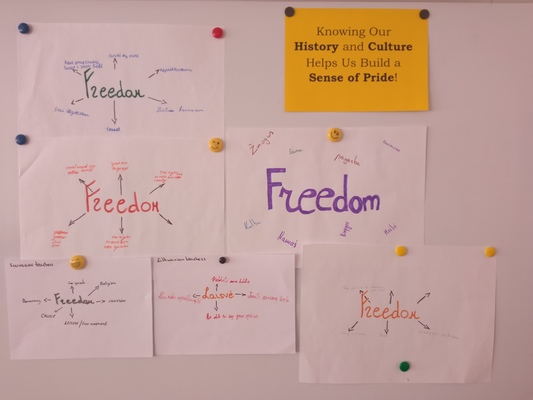
Teaching material about Lithuanian history of the period 1988-1991:
https://view.genial.ly/62a78931c2fcb30011842fc2/interactive-image-interactive-image
2. Task:
We also used the extra teaching material about the 20th-century-history that we created for SDG 16
https://padlet.com/ivanafazikovagymhc/8hs8a5xvxxhskjlj
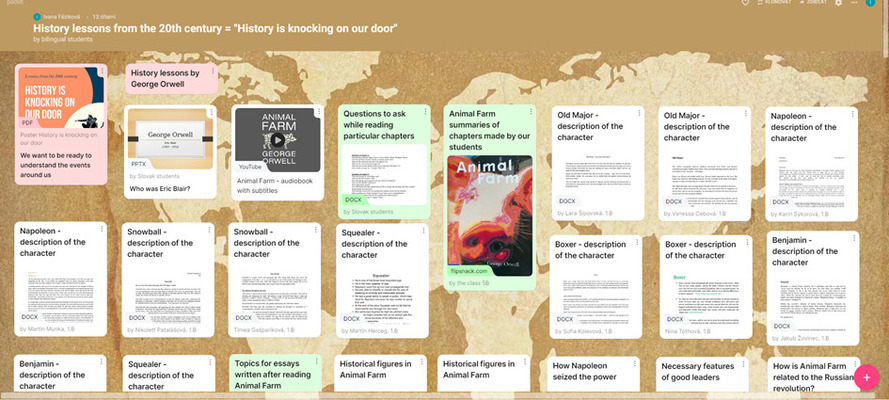
MORE RESULTS:
Erasmus+ mobility of Slovakian students in Lithuania
1. Historical impact on our culture.
We met our guests with the folk dance "Kepurine", introduced some folk roundels, and invited them to the integrated physics and art lesson "The history of the relationship of mythology and astronomy."
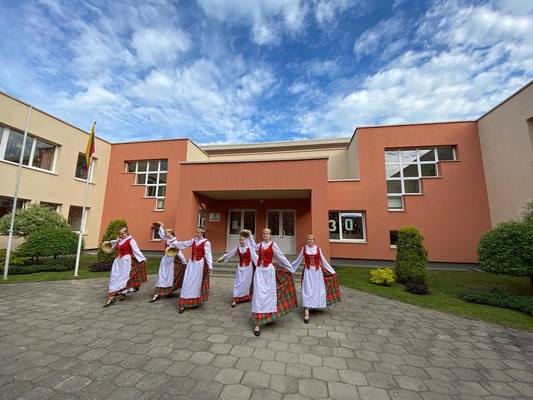
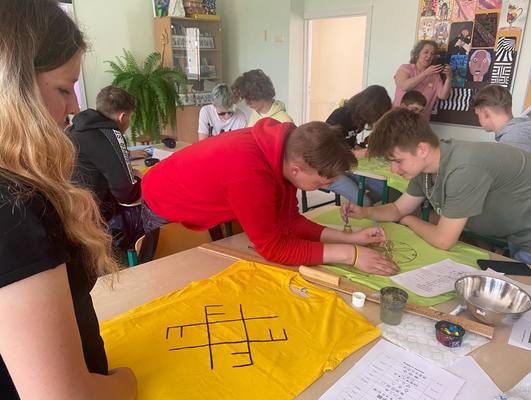
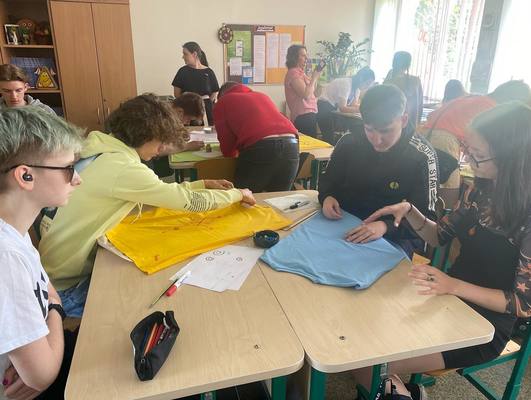
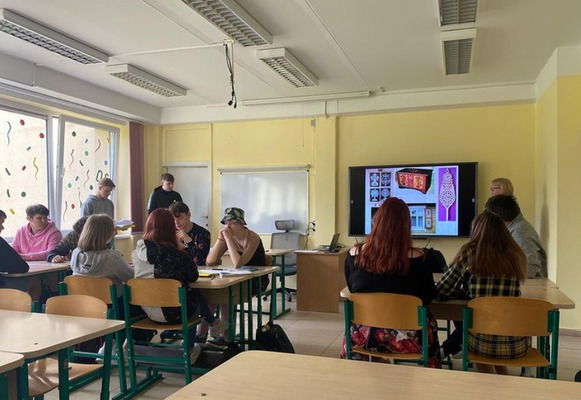
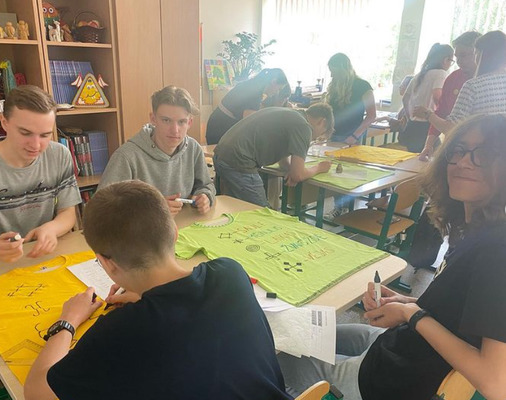
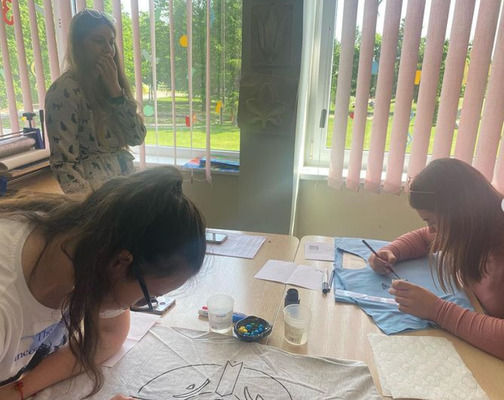 ,
,
THE HISTORY OF THE RELATIONSHIP OF MYTHOLOGY AND ASTRONOMY.pptx
Ženklai ir simboliai.docx Symbols
1 užduotis.docx Find and recognise the symbols
2. Peer lessons
We taught younger peers about the history and our Lithuanian and Slovak roads to freedom and independence; we used materials we prepared in the eTwinning and some more extra materials created exclusively for this mobility and five peer lessons.
The velvet revolution by Timotej and Martin.pptx
Velvet-Revolution by ZK and SKo.pptx
Velvet Revolution by Nina and Ernest.pptx
Velvet Revolution by Nina T., Vanessa and Martin M..pptx
Velvet_Revolution_Erasmus_2022 by SKn and KV.pptx
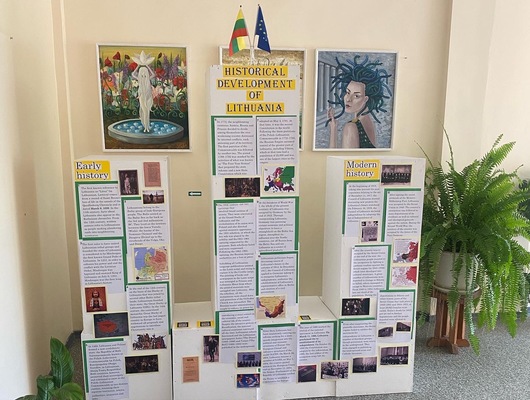
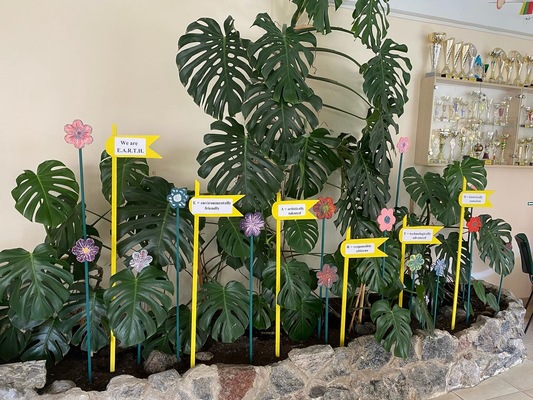
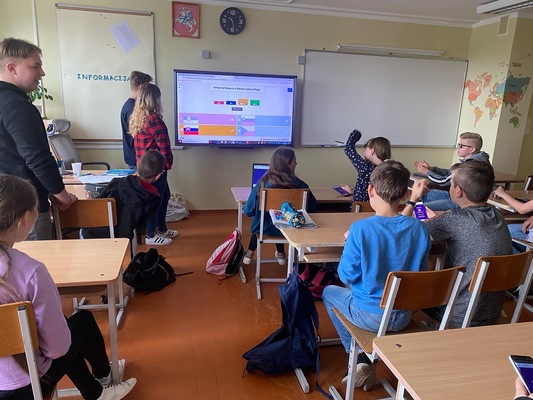
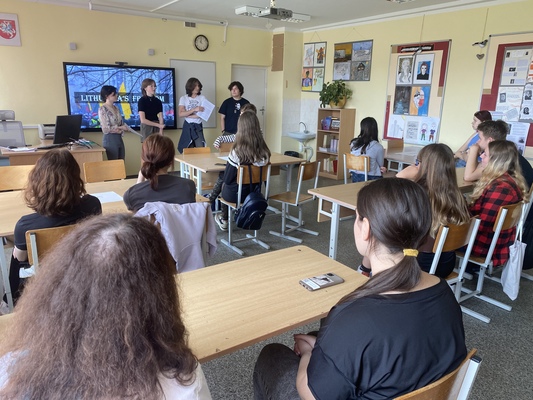
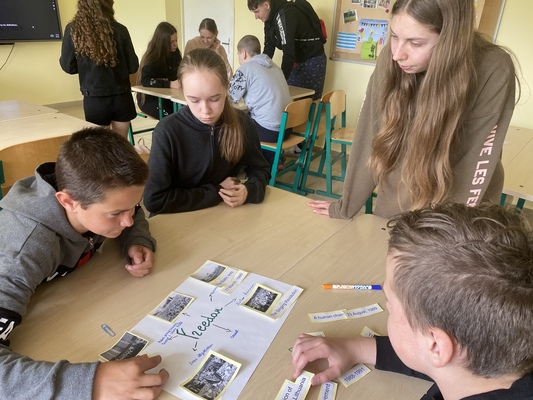
3. Local authorities and the Lithuanian Parliament
We learnt about local and regional authorities' tasks and national Parliament competencies and responsibilities. We also commemorated the victims of the fight for Lithuanian freedom.
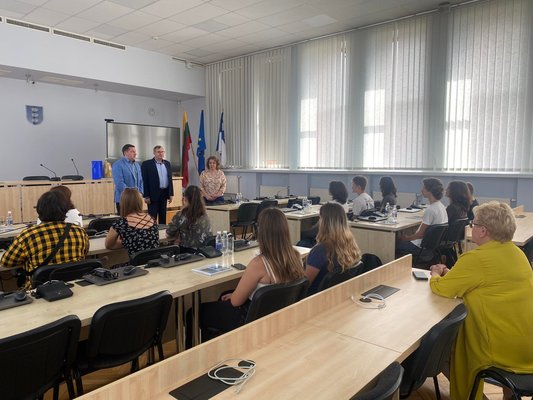
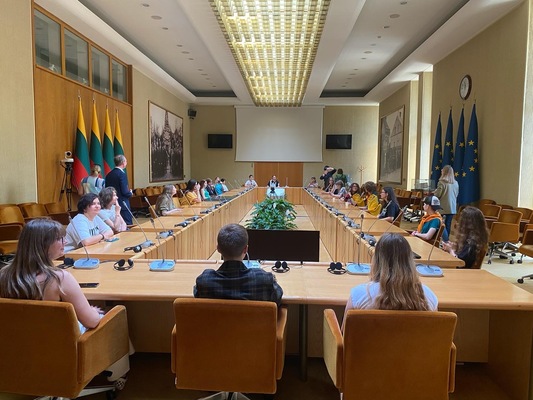
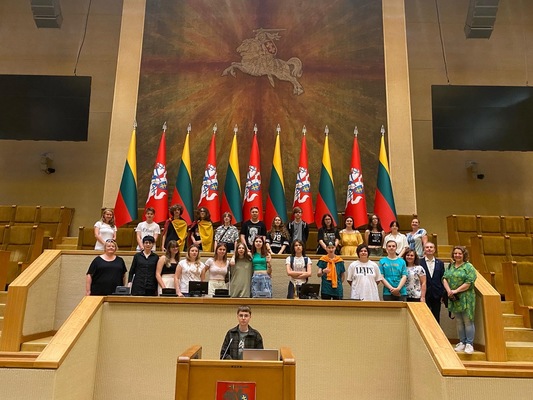
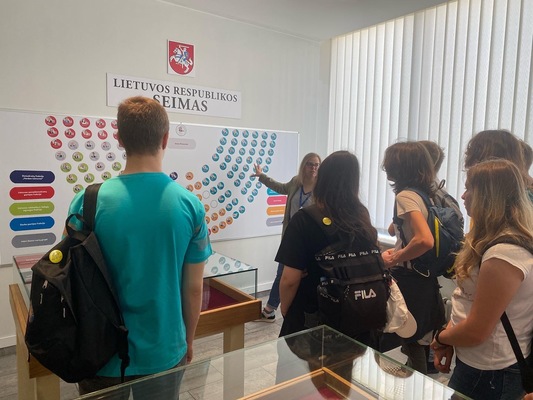
4. More history and folk traditions and science lessons at museums
We learnt more about history at the water mill museum and bees museum, where we also found out that the symbol of friendship for Lithuanians is honey ...
We also visited a fantastic Ethnocosmology centre where we refreshed the knowledge acquired in these eTwinning tasks and common school lessons during these mobilities...
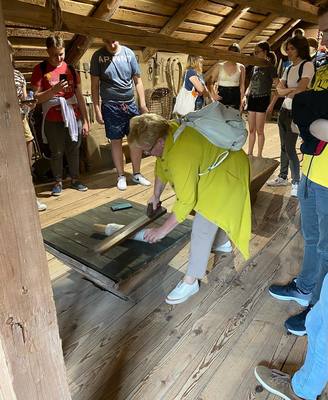
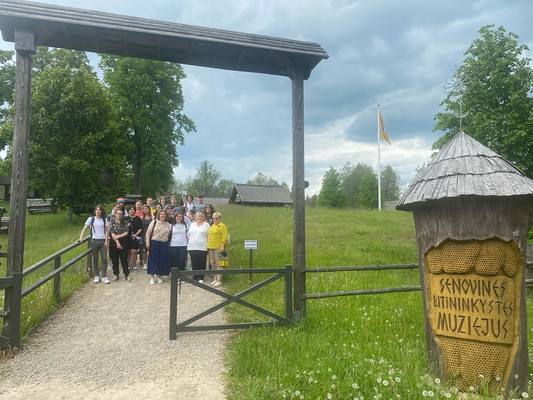
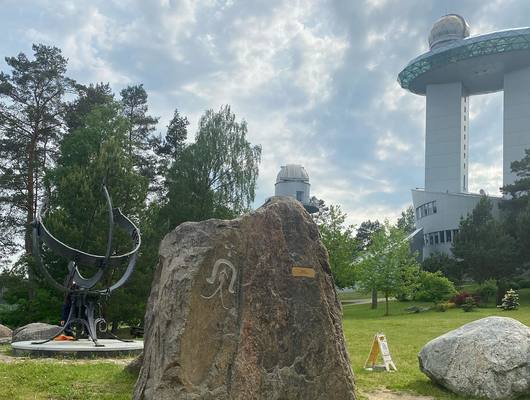
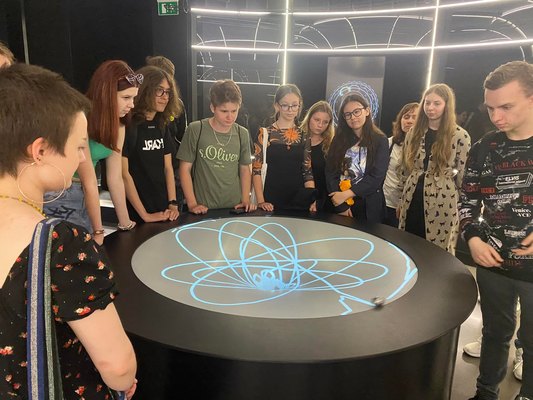
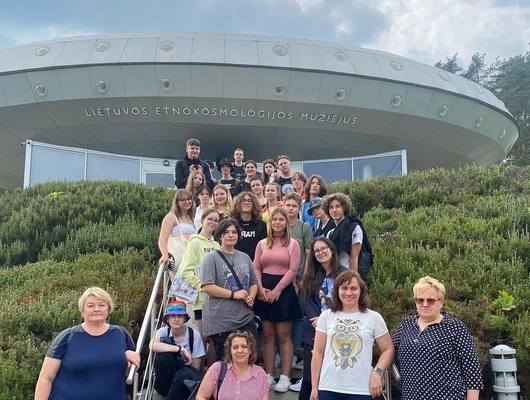
5. Sightseeing in Vilnius
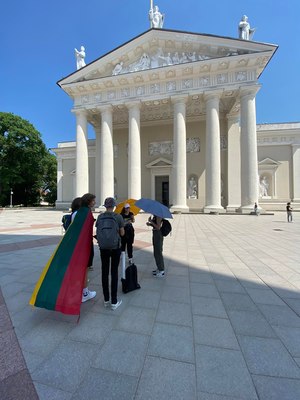
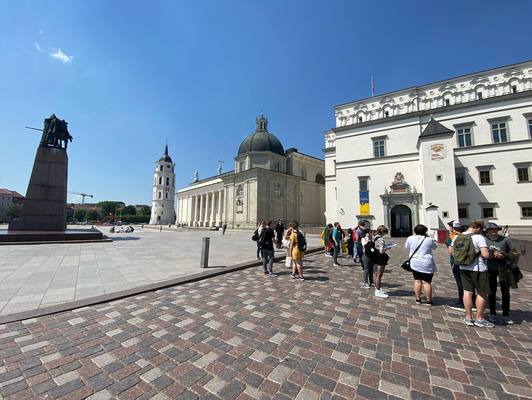
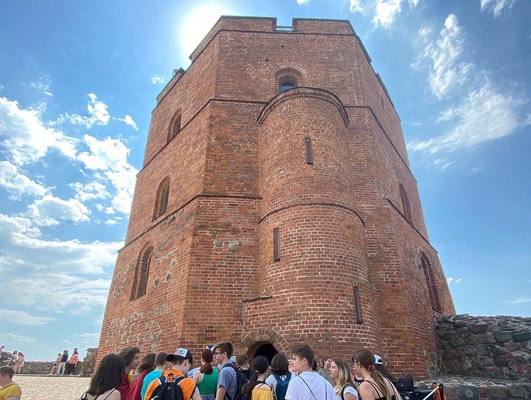
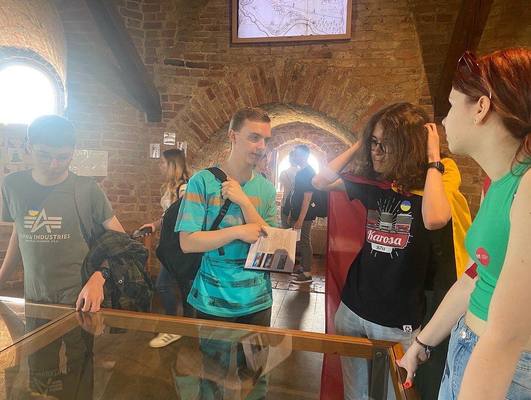
6. Art and natural beauty were all around
As we were sightseeing, original pieces of artwork were everywhere, in all towns and cities we visited (Ignalina, Vidiskes, Moletai, Vilnius) and at school or the national park. Some of us even visited some different exhibitions and a students theatre play.
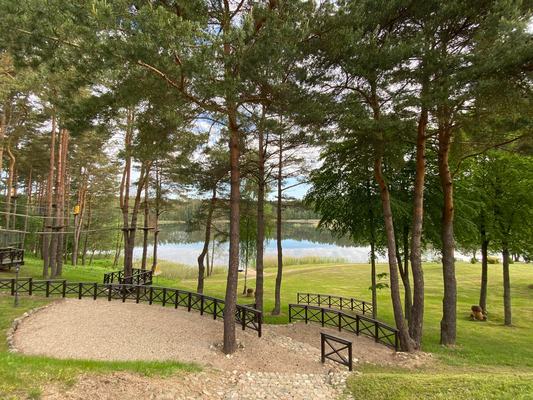
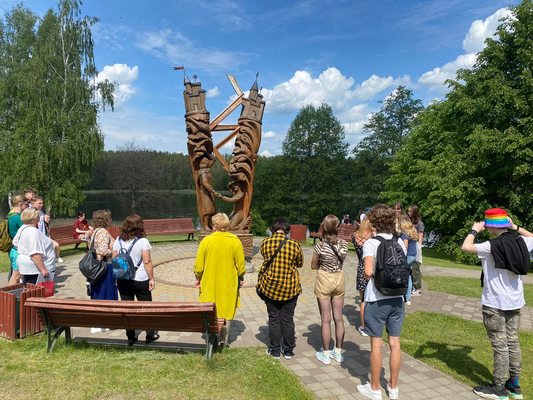
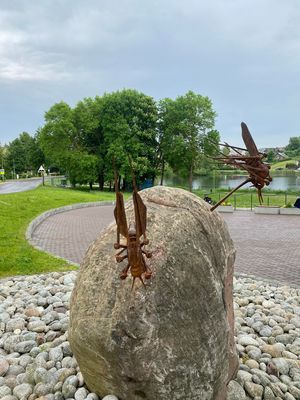
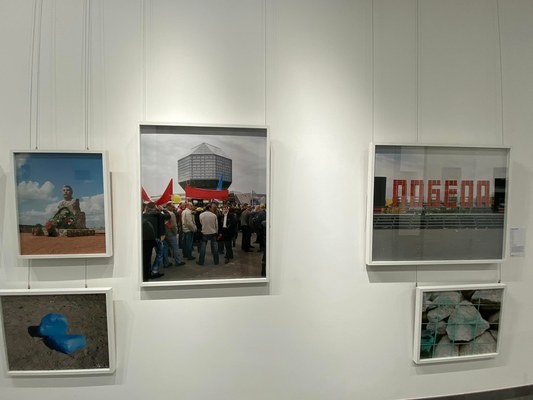
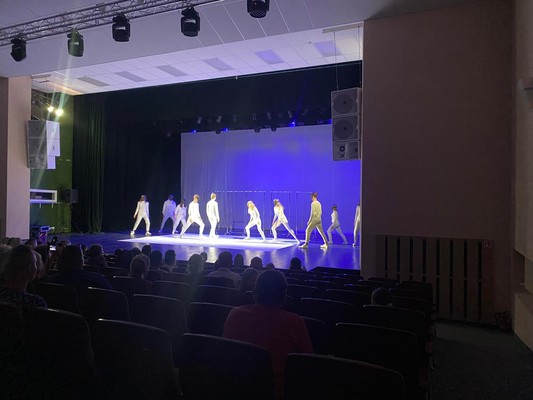
7. More folk culture at the evaluation meeting
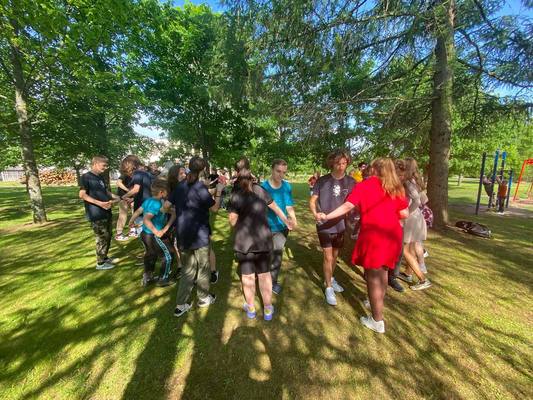
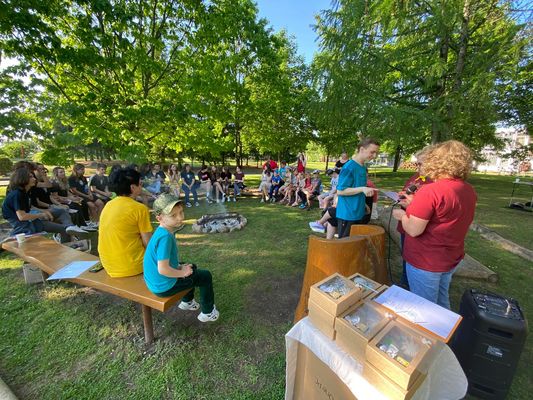
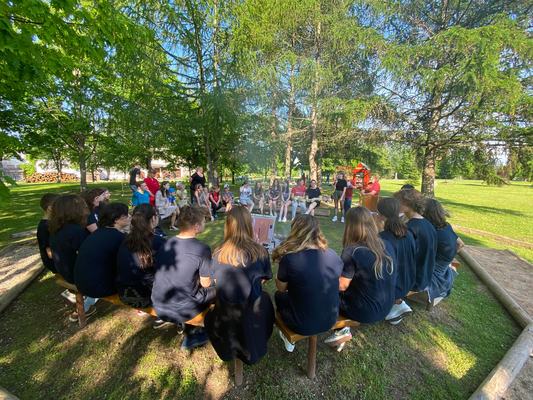
Here you can find more articles, videos, and photos of our in-real-life cooperation:
https://www.ignalina.lt/naujienos/396/vidiskiu-gimnazijos-sveciai:1029
https://www.facebook.com/permalink.php?story_fbid=pfbid0psCbwBrdH8wM1b6fLKkTiJBSePiPPyM8hjiky34Y7tdtepN58ggUqnidu1BFdCw1l&id=100012600583190
https://www.instagram.com/erasmus.biodiversity.history/
https://gymhc.edupage.org/a/erasmus?eqa=dGV4dD10ZXh0L3RleHQxMDAmc3VicGFnZT0y
https://www.hlohovec.sk/download_file_f.php?id=1705099
https://www.facebook.com/gikhc/posts/pfbid026QWs8vSXfkkFSxBpp9qZZXRsdYsp2djB4vax7hzd66MWFMQyQvrzDMVXZwcEC2RCl